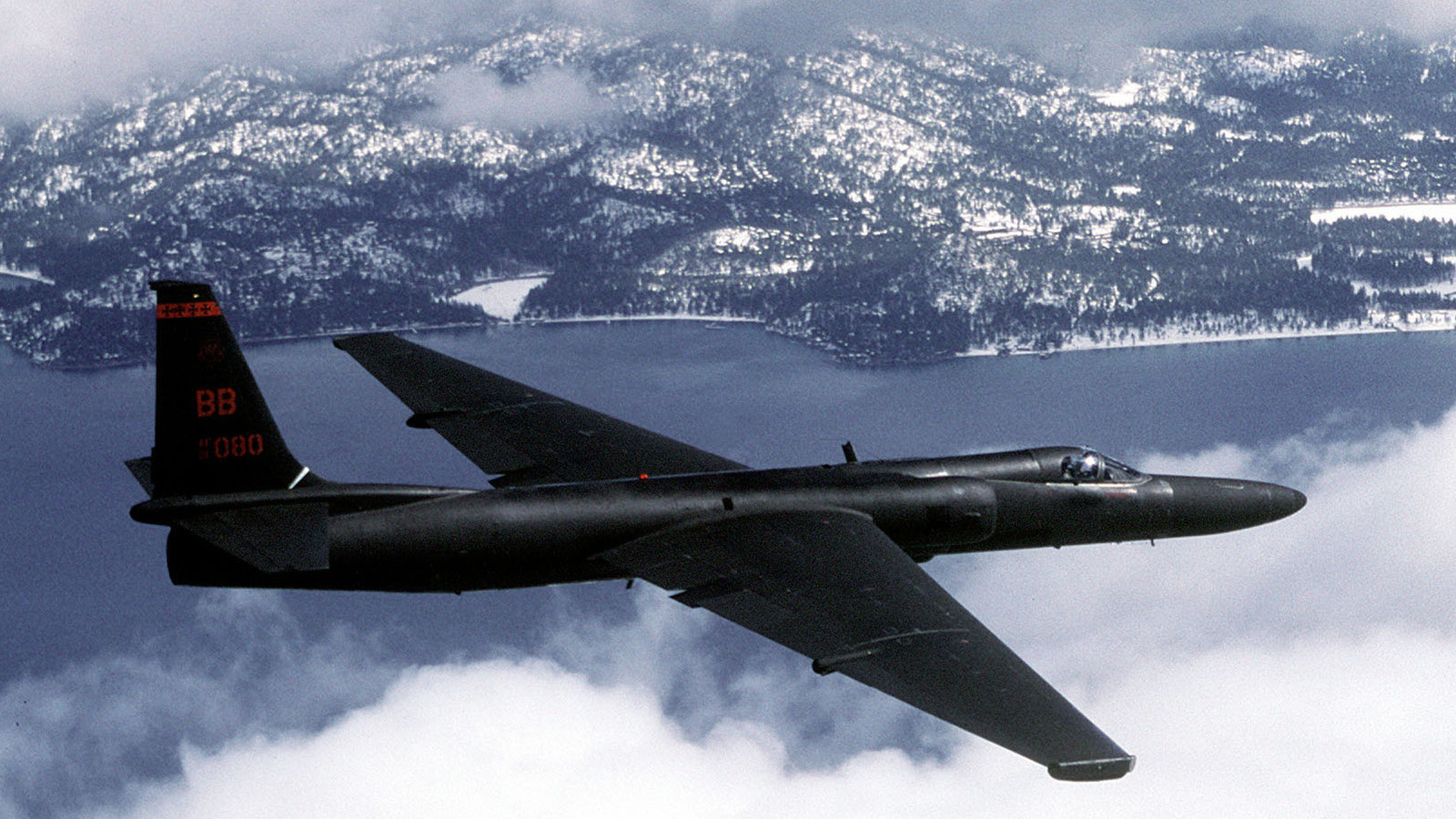The Supreme Court has ruled that military judges — who preside over dozens of courts martial every year — can serve as officers and their status does not violate the constitutional right to a fair trial.
It’s an important decision with profound implications for the military justice system, which is separate and distinct from civilian courts.
The country’s highest court chose to become involved following requests from more than half a dozen members of the Armed Forces whose criminal cases have been on hold.
At issue has been the question of the independence of military judges, who also serve as officers and are subject to the chain of command, including discipline by superior officers.
Each of the nine defendants — who were charged with various service-related offences — argued the divided loyalties of the military judges violate their constitutional right to an impartial trial.
But in a 6-1 decision on Friday, the high court said that Canada’s system of military justice, as configured under the National Defence Act, “fully ensures judicial independence for military judges in a way that takes account of military context.”
In a dissenting opinion, Justice Andromache Karakatsanis said the appeals should be allowed because “there are insufficient safeguards in place to alleviate the potential risk of interference by the military chain of command.”
The legal debate dates back to 2018, when the now-former chief military judge was charged with fraud and misconduct. The case against Col. Mario Dutil was dropped two years later but it prompted a standoff between military judges and the chief of the defence staff at the time, Gen. Jonathan Vance.
Four military judges put several cases before them at the time on hold, ruling that they were not independent because Vance had issued an order that placed the chief military judge and all other military judges under the command of the deputy vice chief of the defence staff.
That position was rejected by the Court Martial Appeal Court in June 2021, which opened the door for the Supreme Court to weigh in.
The Supreme Court’s ruling said the Constitution allows Parliament to choose how the military justice system is designed and “does not require that military justice be exactly identical to its civilian counterpart.”
But on the strict question of whether military judges could be subject to pressure by superior officers, the justices noted that “military judges cannot be subject to discipline for their work as judges.”
System is ‘insulated’ from meddling, court rules
The high court justices were also convinced that in the administration of cases and the selection of judges to preside over them, the system is “insulated from non-judicial interference by the chain of command.”
The ruling comes as the military justice system faces criticism over its handling of sexual misconduct cases.
Last month, the Liberal government introduced long-awaited legislation to strip military police and the military justice system of the power to investigate and prosecute sexual offences on Canadian soil.
Bill 66 is still before Parliament in the second reading stage.
Among other things, the legislation proposes changes to strengthen the independence of military judges by changing the way they and other senior military justice officials are appointed.
Civilian control of sexual misconduct cases was the core recommendation of an independent, external review conducted by former Supreme Court justice Louise Arbour, who was tasked by the federal government with studying the sexual misconduct scandal which has rocked the military over many years.
Retired colonel Rory Fowler, a former military lawyer now in private practise, said he wasn’t surprised the Supreme Court ruled the way that it did.
He expected the cases to be dismissed but doesn’t “agree with the majority’s reasoning.”
Fowler said the ruling in one of the five cases “fails to provide a sufficient explanation for why the current status of military judges is acceptable.”
What did surprise him, he said, was the dissent from Justice Karakatsanis. He said he believes Justice Karakatsanis “understood the issues better than the majority” of justices.
Had the ruling gone the other way, the implications would have been profound and likely would have thrown the system into chaos.
“I cannot help but wonder if the majority was motivated by fear of outrage if multiple matters were sent back to trial,” Fowler said.






